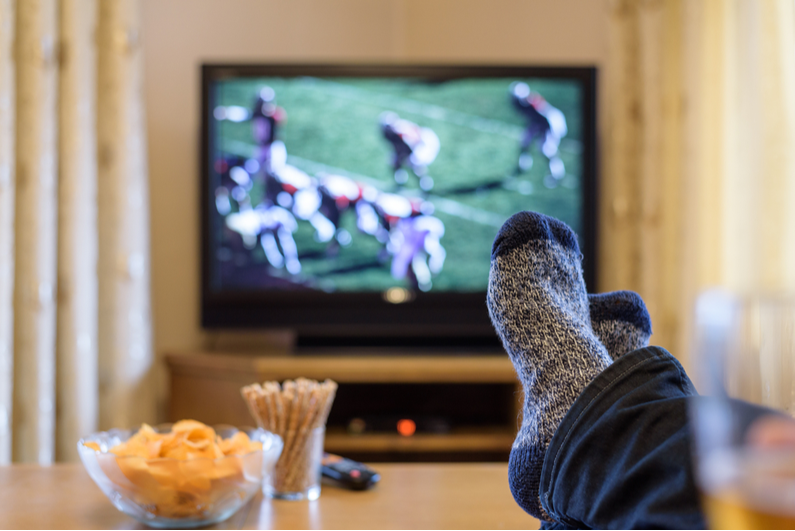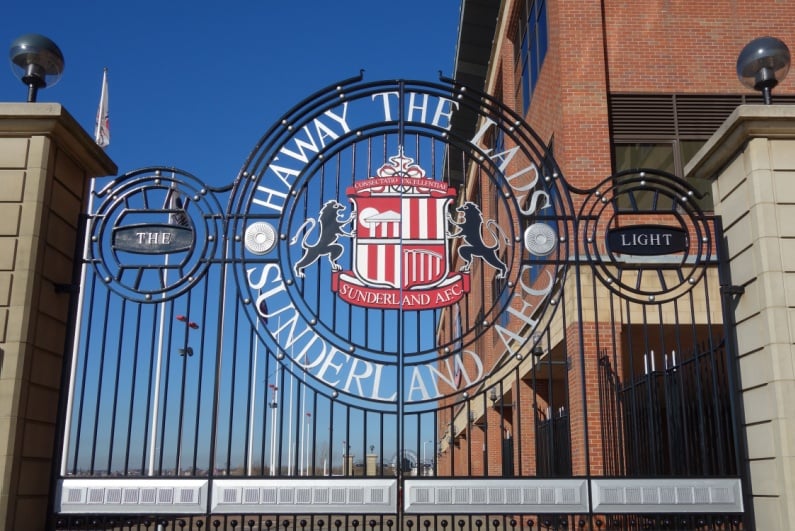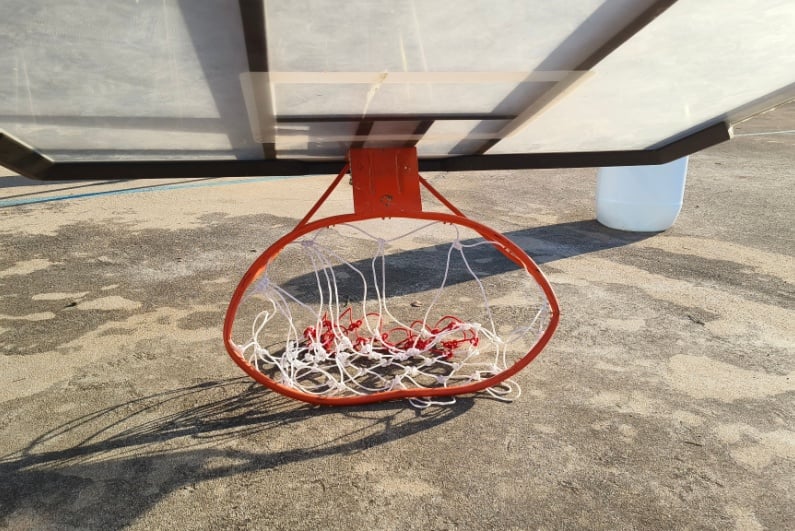Ads allowed, but there are limits
The National Football League (NFL) has announced that it will permit six sportsbook commercials to air during each game this coming season. There is a specific structure to the ads, as well: one pre-game, one per quarter, and one during halftime.
It won’t be a scattershot of random betting companies advertising during the telecasts, either. While CBS, NBC, ESPN, and Fox – the networks who broadcast NFL games – will be the ones selling airtime, only the NFL’s official sports betting partners and “approved sportsbook operators” may advertise. Caesars Sportsbook, FanDuel, and DraftKings are the official partners, inking deals with the league in April, while major players FoxBet, BetMGM, PointsBet, and WynnBet are the four approved operators at this point.
focused on how we can include sports betting ads in a thoughtful way with sports betting going national”
”We were focused on how we can include sports betting ads in a thoughtful way with sports betting going national now, with over half the population having access to sports betting,” NFL chief strategy officer Chris Halpin told Bill King of the Sports Business Journal.
All advertisers, official partners and approved operators alike, must use the NFL’s data and abide by responsible gambling rules.
NFL pretended it was against betting
The NFL has traditionally taking a stance against gambling, claiming that it threatens the “integrity of the game.” Even when other professional sports leagues were publicly warming to sports betting in the leadup to the US Supreme Court’s strike-down of PASPA, the NFL stayed fairly silent, unwilling to drop the façade.
And it was most certainly a façade. The league absolutely knew that sports betting was a key driver of its viewership. Football is the most popular sport on which to bet in the United States; loads of fans watch more games simply because they have money riding on it, be it with traditional wagers or in fantasy sports leagues/contests. And more eyeballs means more billions of dollars from television contracts.
Once PASPA was overturned and sports betting became legal (subject to each state authorizing it within their borders), the NFL finally felt comfortable embracing gambling. Many teams have inked partnership deals with casinos and sportsbooks, including most recently the Houston Texans with Caesars Entertainment and the Pittsburgh Steelers with Unibet.
European gambling ad crackdowns
Interestingly, this decision by the NFL lies in contrast with what has been going on in parts of Europe. In the UK, Betting and Gaming Council (BGC) members implemented a “whistle-to-whistle” gambling ad ban during soccer games in August 2019. As per the ban’s rules, betting commercials are not permitted on television from five minutes before a live sporting event starts to five minutes after.
According to a study by Enders Analysis, the whistle-to-whistle ban reduced children’s exposure to gambling commercials by 97%. Despite it success, however, viewers are still exposed to gambling during telecasts. Research presented in a June documentary called Football’s Gambling Addiction revealed that betting company logos could be seen 716 times in a Premier League match between Newcastle United and Wolverhampton Wanderers.
In Spain, new laws approved in November 2020 restricted television, radio, and online betting ads to between 1am and 5am. The short window was originally set early during the pandemic, but was made permanent with the new regulations. Additionally, Spanish soccer clubs are required to cut sponsorship ties with gambling companies by September 2021.




